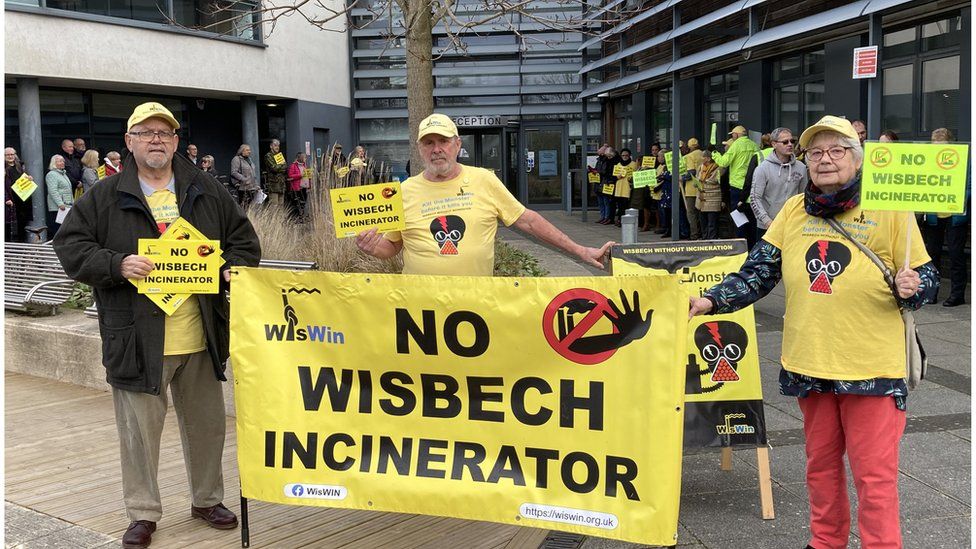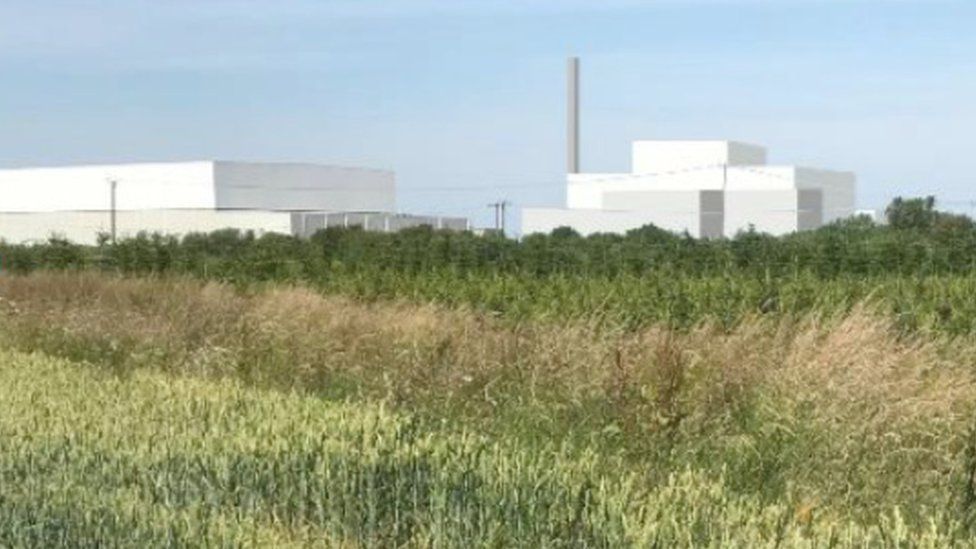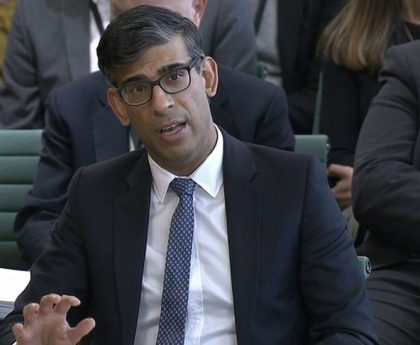
Newly released correspondence has raised fresh questions about Environment Secretary Steve Barclay's involvement in a temporary government ban on new incinerators which affects a plant being built in his constituency.
An order to immediately stop granting any new permits was imposed across England last week by Sir Mark Spencer, a junior minister in Mr Barclay's department.
That is around the time several sources have suggested a final decision was due on the waste plant in Wisbech, Cambridgeshire, which Mr Barclay has promised to fight.
Industry insiders have told the BBC the pause on all permits came "out of the blue".
Sources in the Department for Environment, Food and Rural Affairs have been clear that Mr Barclay did not take part in the process led by Sir Mark.
Cabinet ministers are not allowed to use their government job to benefit their constituency interests.
But now a letter has been published which shows a similar ban, for a longer period, had been proposed by a different junior environment minister a month earlier. It is not clear whether Mr Barclay had formally recused himself from the process at this point.
Robbie Moore wrote to the Environment Agency on the evening of 27 February to say that he intended to stop it issuing new permits for up to a year and gave it 24 hours to respond.
Earlier that day, the Planning Inspectorate had publicly confirmed that the Wisbech plant had permission to be built.
Mr Moore said that his proposed ban would apply to any developments which did not yet have a permit "regardless of whether they hold planning permission".
The ban did not go ahead.
The government's own internal legal advice, seen by the BBC, had said it would be "unlawful" because the 24-hour consultation period had been "plainly inadequate" and there were "serious concerns of perceived bias".
Mr Barclay has not said on what date he formally stepped back from decisions about permits.
 Image source, MVV UK
Image source, MVV UKHe previously told MPs that he had "delegated" the policy to another minister, which he thought was enough, but said that he had not been made "aware until later" that he "required a formal recusal".
Labour said the correspondence raised concerns that Mr Barclay had abused his position and "colluded" with junior ministers to cover it up.
Shadow Environment Secretary Steve Reed said the public needed to know "who did Barclay try to persuade, when and was it rushed through to avoid scrutiny?"
A spokesman for the environment department did not respond to Labour's accusations but said it had temporarily paused permits while it "rightly" considered the need for more waste incinerators.
Sir Mark Spencer took the decision to impose the temporary ban after fresh exchanges with the Environment Agency.
In a letter to its chief executive, Sir Mark said it was because he was "wary of committing" to giving more plants the go-ahead until officials had done more work "to consider whether there is a greater role for government to encourage investment in waste prevention", such as recycling.
But some in the industry privately consider political motivations to be behind the moratorium.
According to another newly released letter from the Environment Agency to Sir Mark, two projects that have been paused were within days of being granted a permit as there would have been "no lawful reason" not to do so.
It does not name the two projects.
The temporary ban is set to last for up to seven weeks, which is unlikely to have much impact on the individual developments, but some campaigners hope it will lead to a longer pause.
Shlomo Dowen, national coordinator of the UK Without Incineration Network, said he hoped it would be the start of "a comprehensive moratorium on new waste incineration capacity in England".
A spokesperson for Defra said it was "committed to reducing waste, improving recycling and meeting our net zero ambitions by sending less waste for incineration" and it was "rightly considering the need for more waste incineration facilities".





